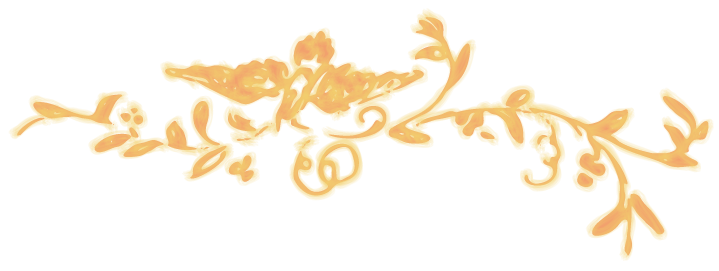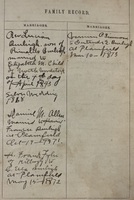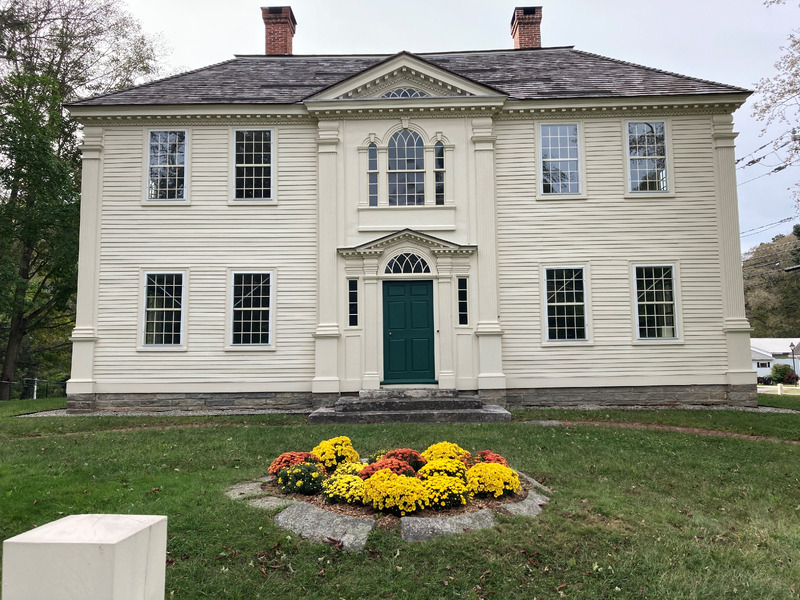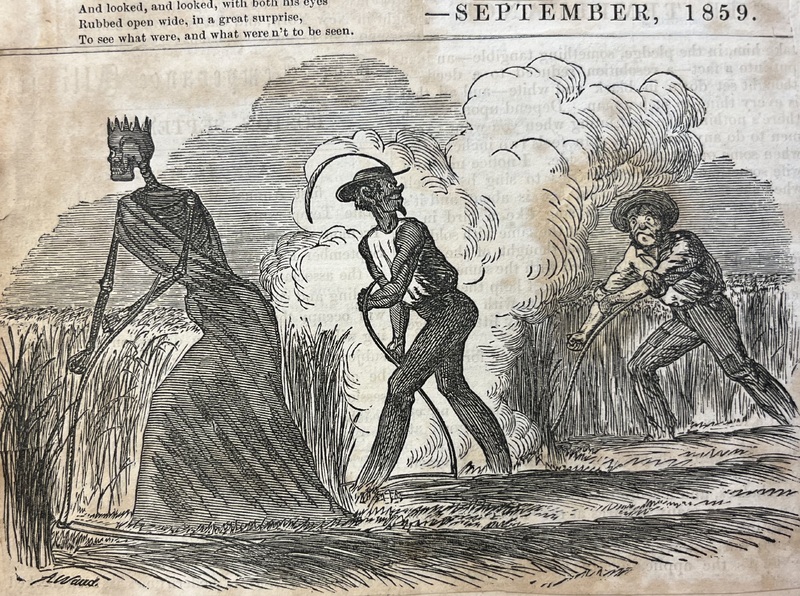Chapters in Family History
The shaping event of the Burleigh's entrance into Abolition came with the crisis in nearby Canterbury, Connecticut, when Prudence Crandall opened a select academy for Black women only. This happened in 1833-1834. All of the Burleigh family members - the seven siblings and their parents - played a role in this, either at the time, or in the years to come as part of maintaining the history.
The remaining years of the 1830s witnessed growing prominence for Charles and William in the movement to end slavery. They were both part of the initial push of agents for the American Anti-Slavery Society known as The Seventy. Their geographic range increased, as both brothers found work in Massachusetts, Rhode Island, and Pennsylvania. Their younger siblings were busy writing - both Cyrus and George keeping journals. Meanwhile Rinaldo Burleigh's health forced him to retire from teaching and return to farming. This meant that elder care duties started for those siblings who stayed closer to Plainfield. Both John and William married their wives in this time period.
The 1840s began dramatically with the schism among Abolitionists, between the "Old Organization" (American Anti-Slavery Society) and the "New Organization" (the American and Foreign Anti-Slavery Society). The Burleigh brothers found themselves on opposite sides of this often bitter struggle, and some of that bitterness can be seen in their editorial voices. Charles was editing nationally important Abolition papers in Pennsylvania and Vermont, while William was working primarily in Hartford, Connecticut, editing The Charter Oak. The impact of the schism on the family, and the partisanship of the younger siblings, creates a prism through which to view the personal costs of this famous faction fight. This decade also saw the first death of a core sibling - the oldest son John died young of (as yet) unknown causes, in 1848.
The 1850s accelerate towards the Civil War. The older brothers were well-established; George was reaching the peak of his powers as a professional writer. Being based in Philadelphia, Charles and Cyrus were deeply engaged with the Underground Railroad, especially since the Fugitive Slave Act led to an increase in the need for vigilance to assist the self-liberated. William and Lucian both increased their formal commitment to the Temperance movement. The decade also saw tragedy, as their mother Lydia died, as well as the young Cyrus.
The rise of the Republican Party and the trauma of the Civil War marked the transition elder years for the Burleigh siblings. With the end of slavery, the cause that had unified the family narrative became diffuse, a process amplified by old age. The death of their father Rinaldo led to changes for the siblings who had remained in Plainfield. Increased activism in the Temperance Movement and his newly-found pulpit at Packerville kept Lucian active until his death. George and Ruth moved to her family's homestead in Little Compton, Rhode Island. George's poetry became more sentimental with his retirement. Mary and her husband Jesse moved to the semi-utopic planned community of Vineland, New Jersey. William died in 1871 after a series of tragic personal losses. Charles was struck by a train and died of his injuries in 1877.







